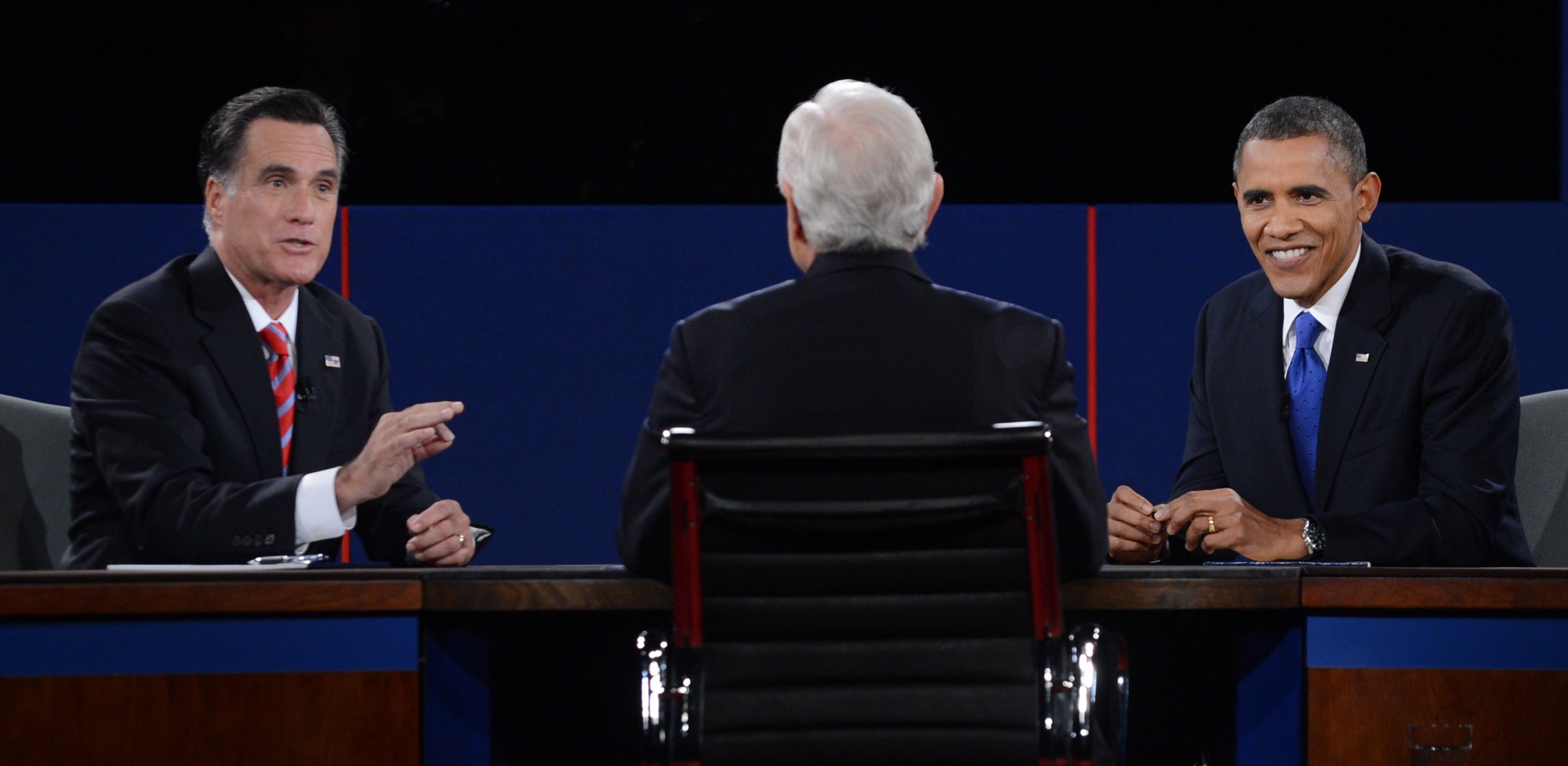
General Michael Hayden, General Stanley McChrystal, and Admiral James Stavridis are signatories to the Change the Rule campaign.
Our political system is consumed by polarization. Last year, a staggering 66% of Americans said they did not think the federal government has the consent of the governed, and 86% said they felt the political system does not serve the interests of the people.
These shortcomings in our democracy directly affect our ability to solve problems, both at home and abroad—in the areas of health care, foreign policy, education, infrastructure, and beyond. In addition, the perception that our system is broken is increasingly shaping the way the world perceives the U.S., eroding the prestige of the American model and our capacity for leadership abroad.
Our system needs long-term reform in the areas of campaign finance and redistricting, but in the short term, we can make one small reform that would have a profound and beneficial effect on how we choose our president: Change the rules of our presidential debates to make them more inclusive and competitive.
About 43% of Americans today identify themselves as “independents”—more than ever before, and far more than those who identify as either Democrats or Republicans. About three out of five Americans said that they would vote for an independent, but under the current system, it’s unlikely they would get the opportunity.
The debate rules are established by a little-known private institution in Washington called the Commission on Presidential Debates (CPD). To qualify for the debates, a candidate must meet two tests: 1) collect enough signatures to be on the ballot in states with 270 electoral votes or more, and 2) score an average of 15% support in national polls seven weeks before the election.
The first test is difficult but reasonable. The second is impossible. Over the past 60 years, only candidates who have participated in major party primaries have managed to cross that 15% threshold in mid-September. That’s because the decision comes too late in the election cycle for an independent to become a legitimate contender, depriving him or her of the media exposure and the legitimacy that comes from participating in the debates.
Most Americans don’t fully concentrate on the election until those televised contests start, about five weeks before the election. The exposure is powerful. For example, on the eve of the 1992 debate, independent candidate Ross Perot was polling at 8%. In the election one month later, he received 19% of the vote. Perot would not have qualified for the debates under the CPD’s current rule, which was implemented in 2000.
The simple rule change we seek is this: Keep the 270-electoral-vote requirement, and, if more than one independent meets it, reserve a place on the stage for the candidate who gathers the most signatures to qualify to be on ballots nationwide. This small change would encourage the most qualified Americans—from business, academia, the military, and the non-profit sector—to run for president. This would have the much-needed impact of injecting new ideas into the discourse and prompting the two major parties to up their game in order to wrest votes from a third candidate. We’re open to other rule changes that could produce the same results.
We understand the potential impact of this change. In the early years of our military careers, inter-service rivalry was hindering the performance of our military with disastrous and sometimes deadly consequences. In February 1982, General David Jones, the retiring chairman of the Joint Chiefs of Staff, told Congress, “The system is broken. I have tried to reform it from inside, but I cannot.”
A simple change in the rules had a huge impact. In 1986, the Goldwater-Nichols Act required officers to perform joint duty—that is, duty with one of the other services—as a promotion requirement. Previously the services’ best and brightest stayed within their own service as the best track to advancement. With this single change, Goldwater-Nichols fundamentally transformed the culture of the military by encouraging greater cooperation.
About 76% of the public no longer believes the two major parties can end the political dysfunction. And at several key junctures in American history when our political system was stagnating, independent and third party candidates became the source of new ideas that led to historic policies that remain to this day, including direct election of senators, women’s suffrage, the graduated income tax, and high standards for the civil service.
The timing and threshold of the CPD’s rule blocks any independent candidate from mounting a serious campaign for president. A new rule that’s fair to independents would have ripple effects through the system, both by attracting a greater diversity of candidates to run, and building confidence among the many Americans who believe that the current system denies them a voice.
Our political system can be better. We owe it to ourselves, and future generations, to make positive changes—and inclusivity is always a good place to begin.
General Michael Hayden served for 39 years in the Air Force and became Director of the NSA and CIA. General Stan McChrystal served 34 years in the Army, including Commander of Joint Special Operations Command and Commander of US Forces Afghanistan. Admiral James Stavridis served 37 years in the Navy and was the 16th Supreme Allied Commander of NATO. They are signatories to the Change the Rule Campaign.
See the 2016 Candidates Looking Very Presidential
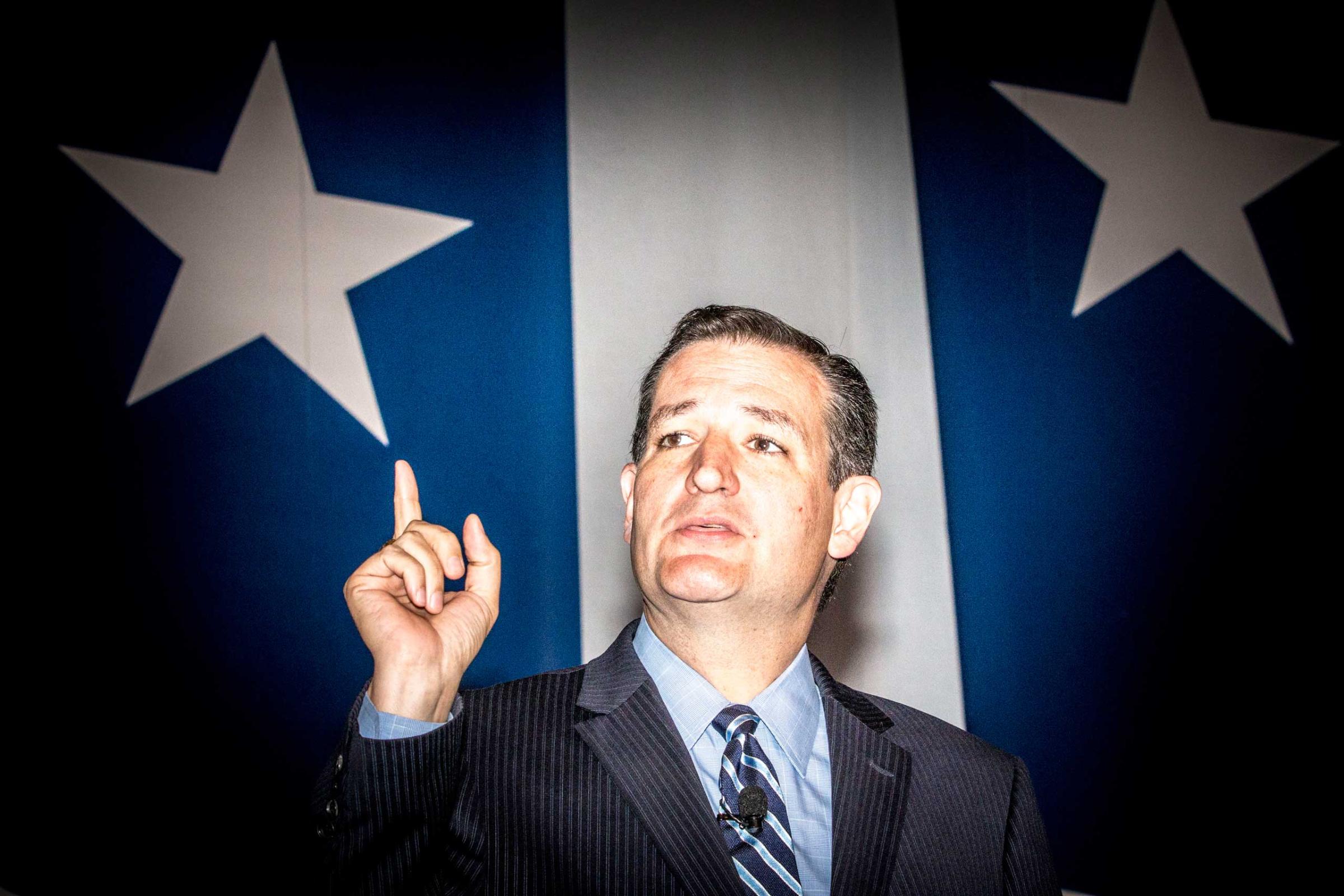
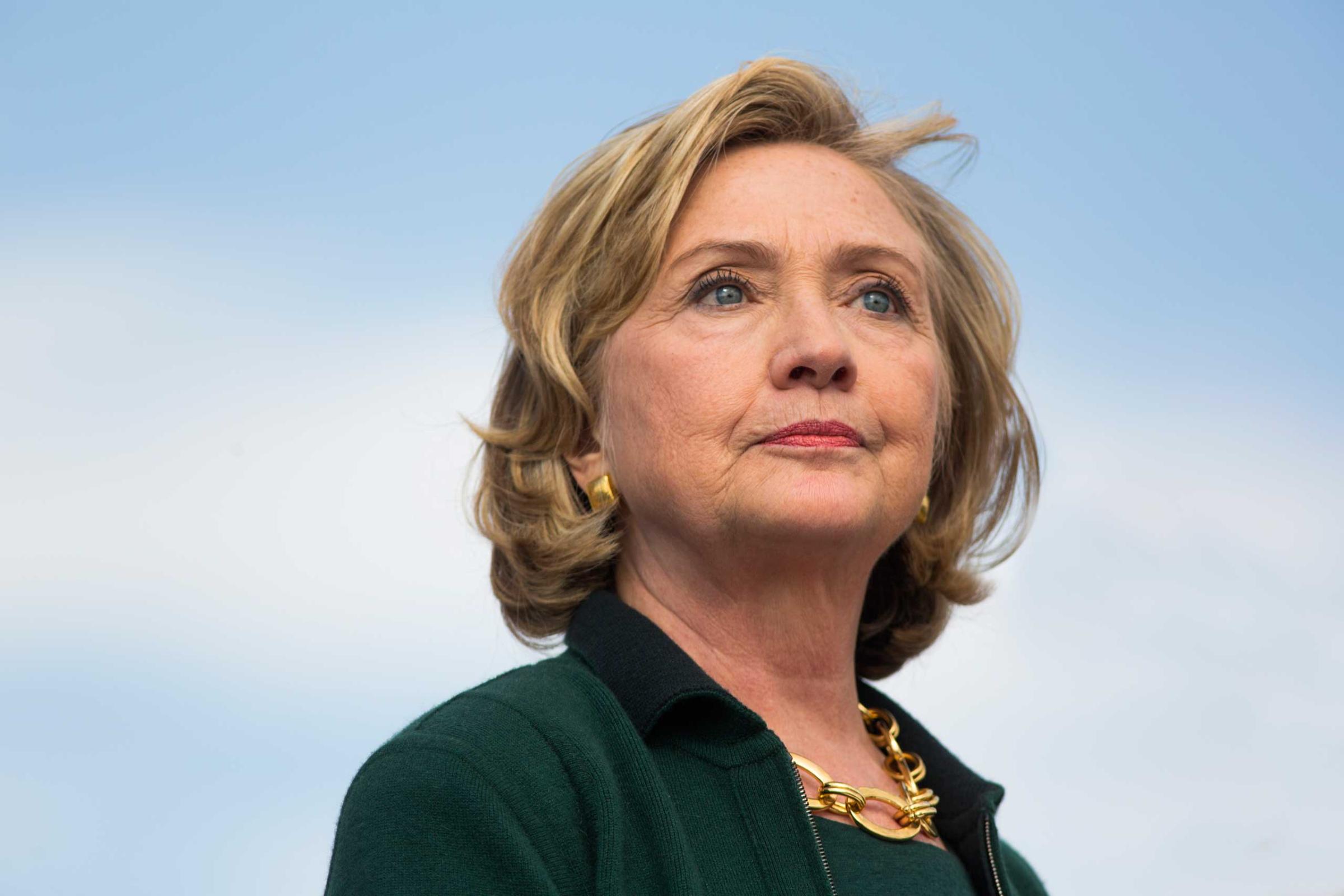
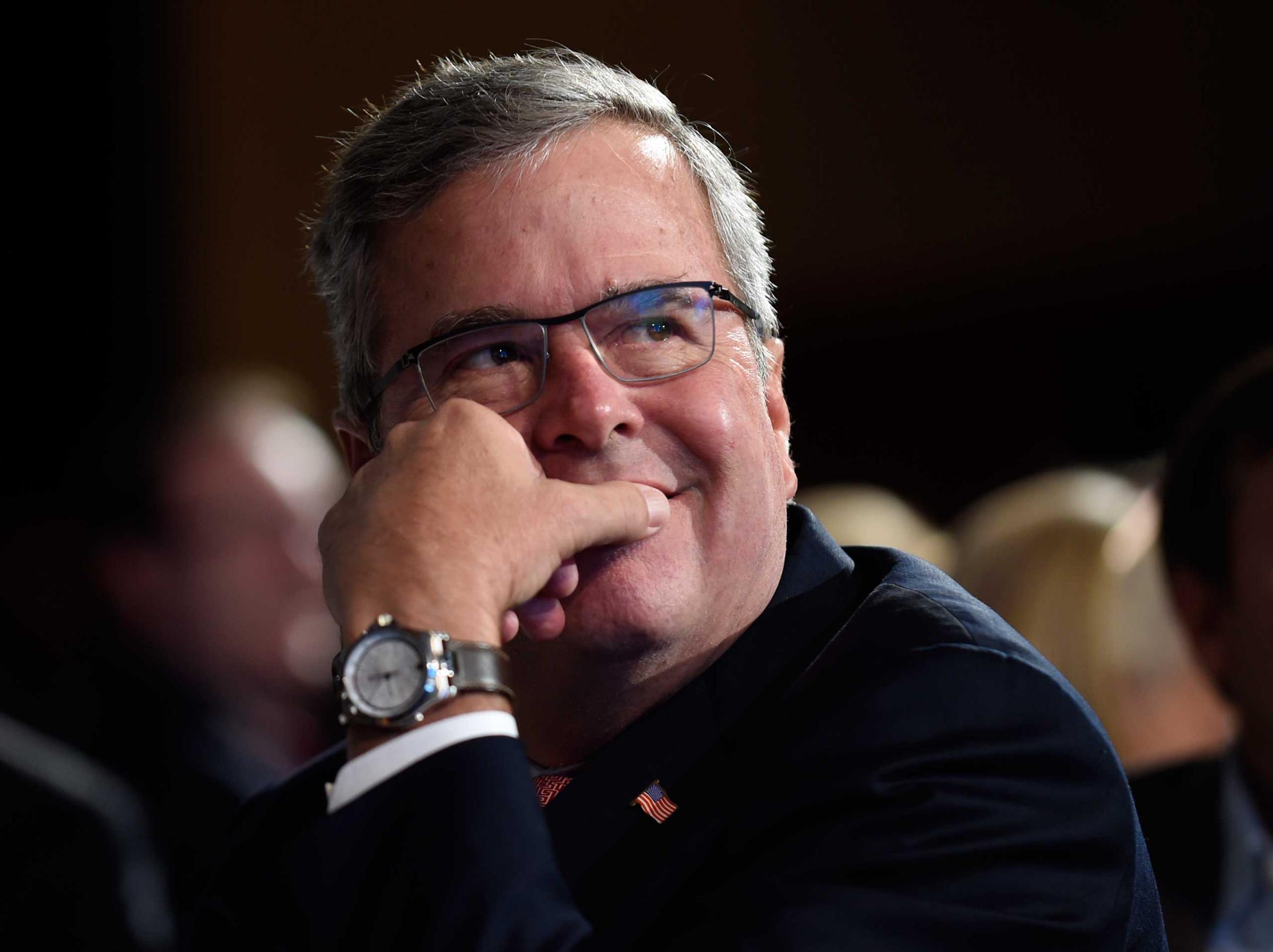
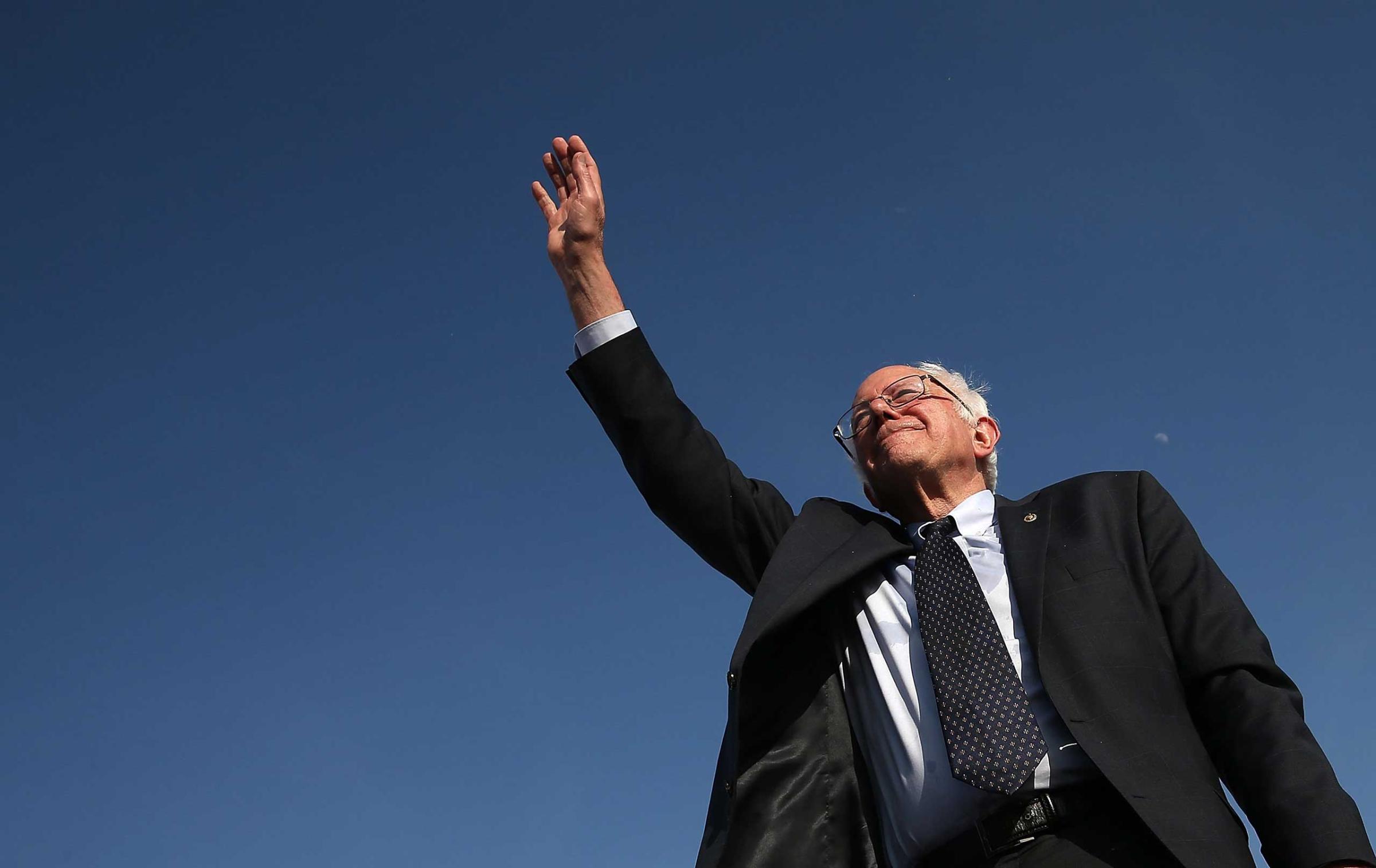
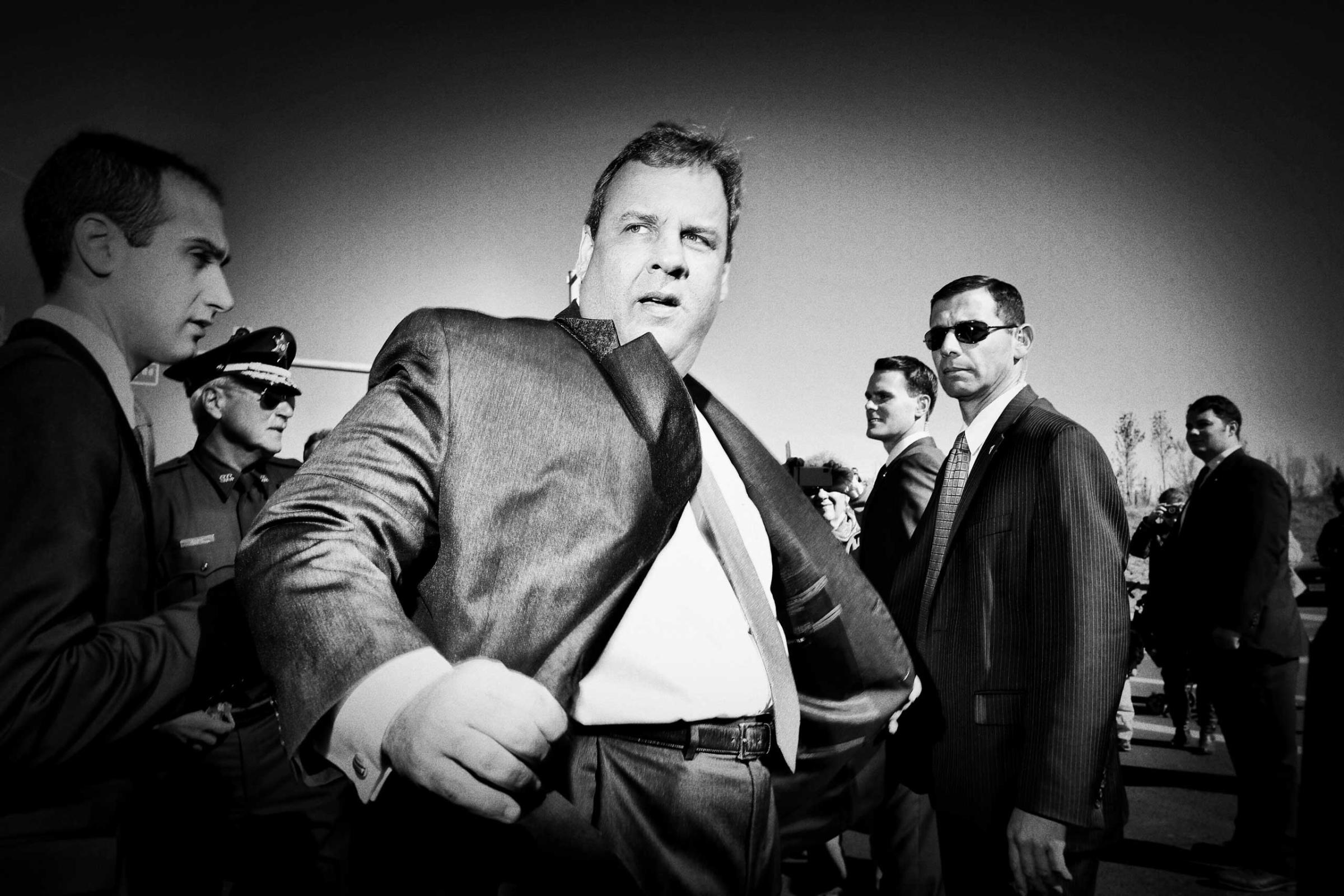
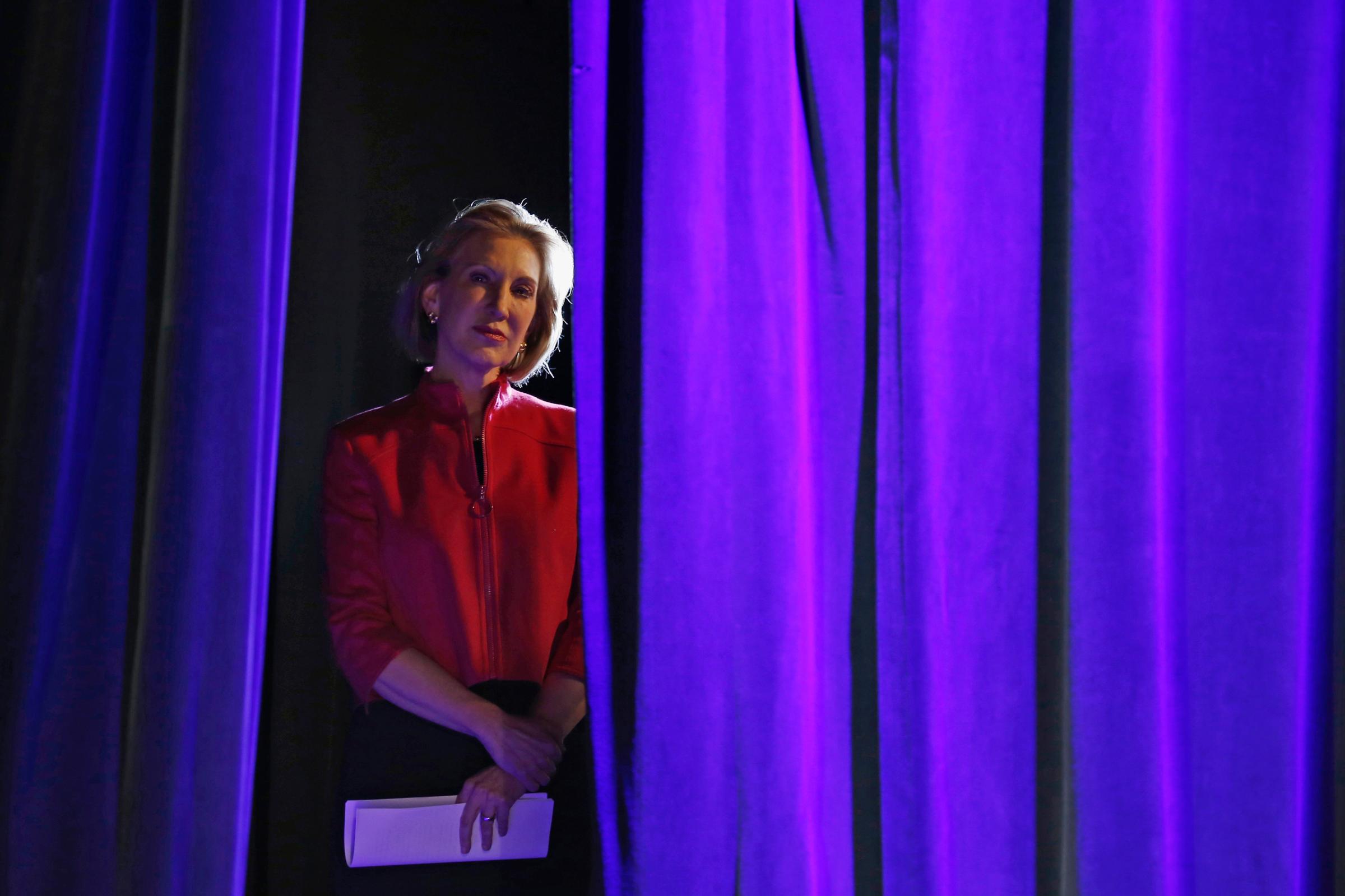
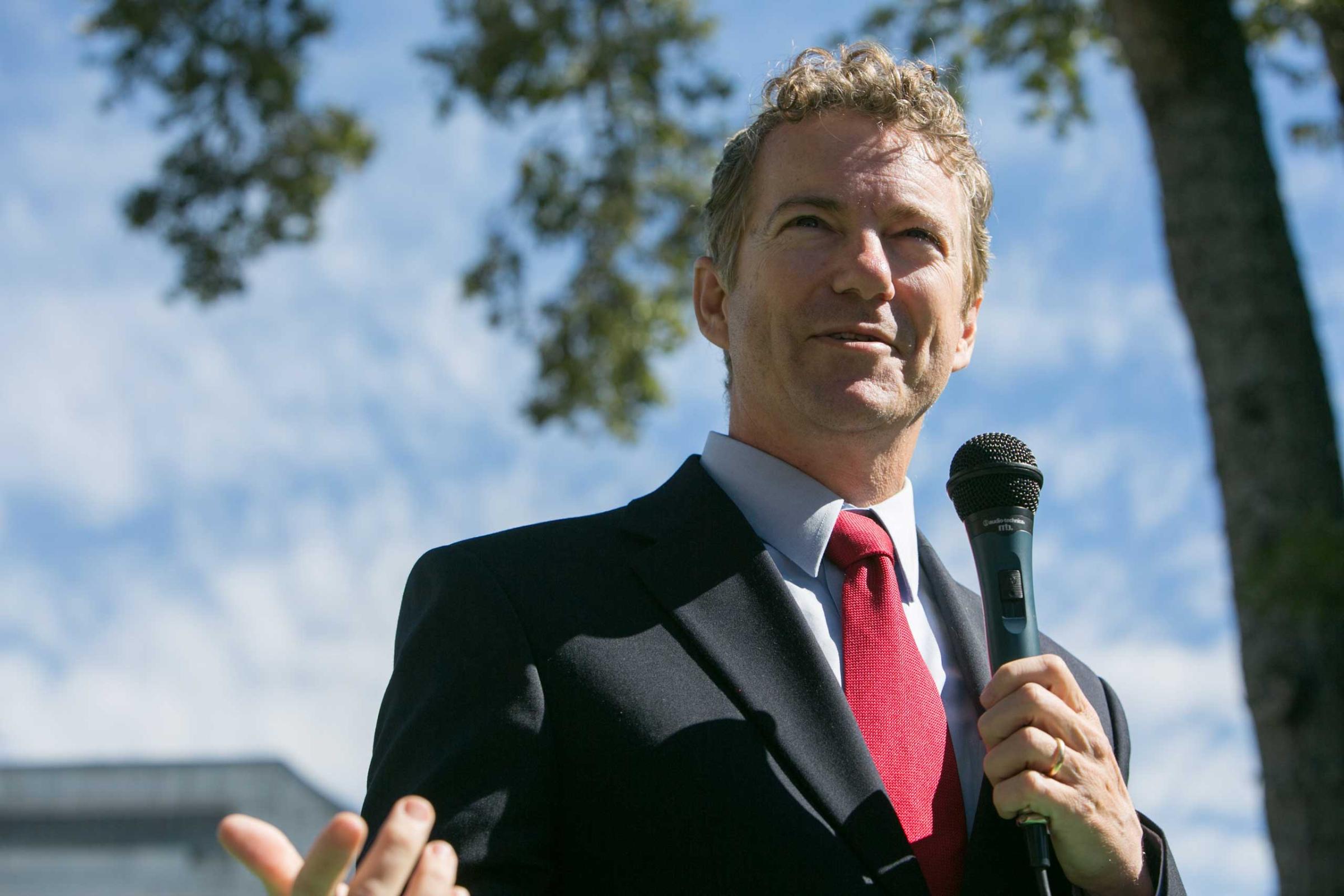
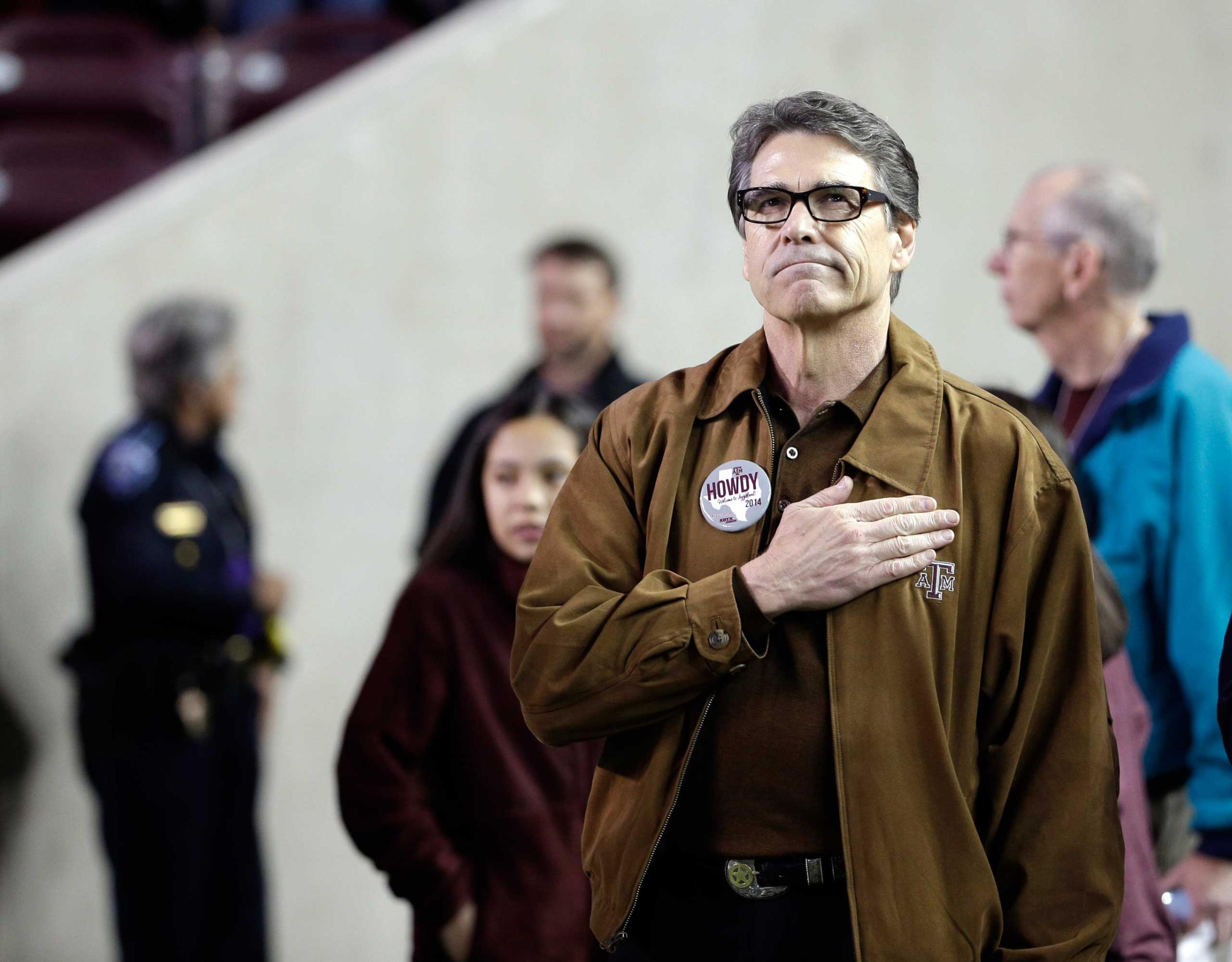
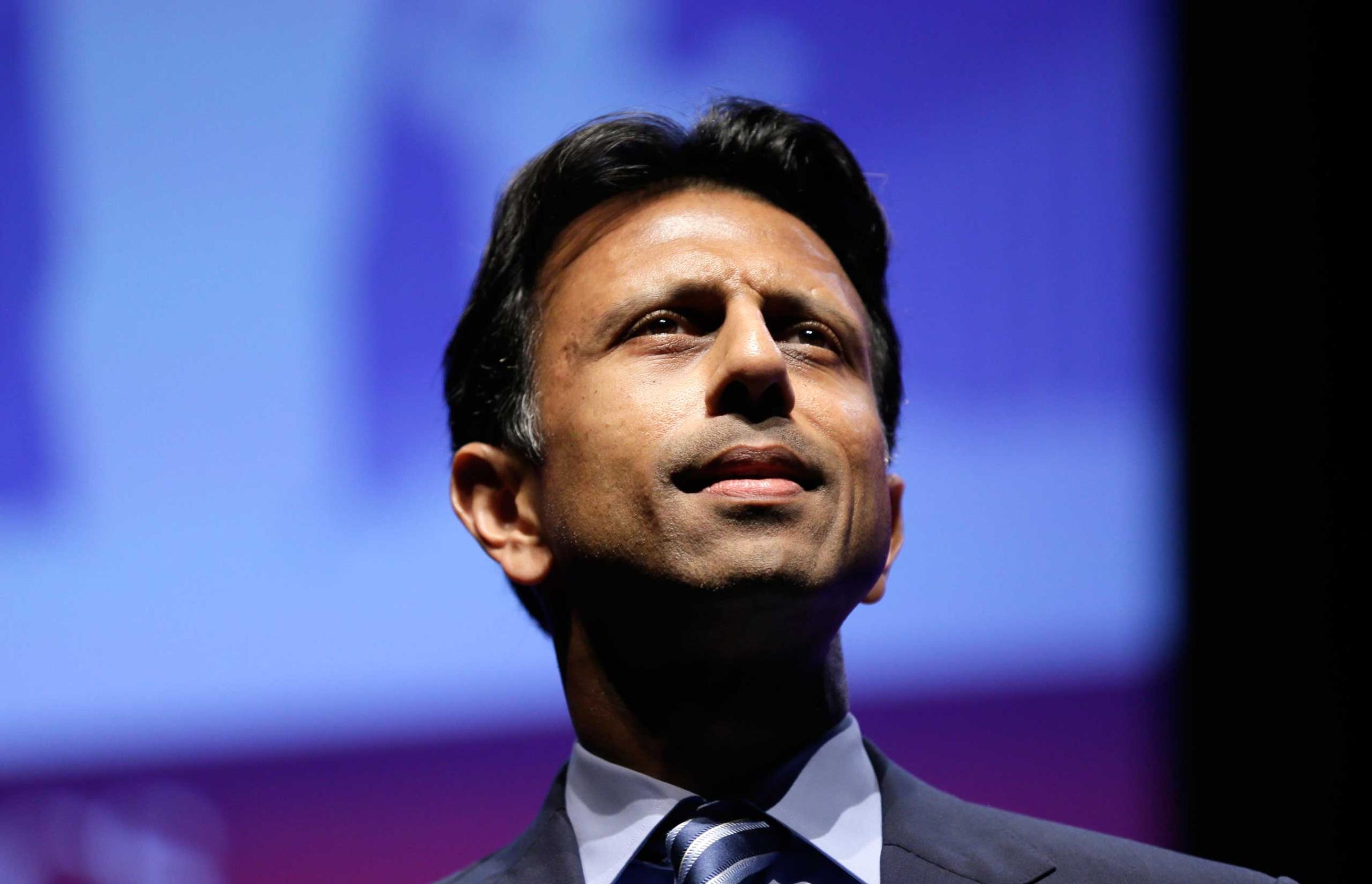
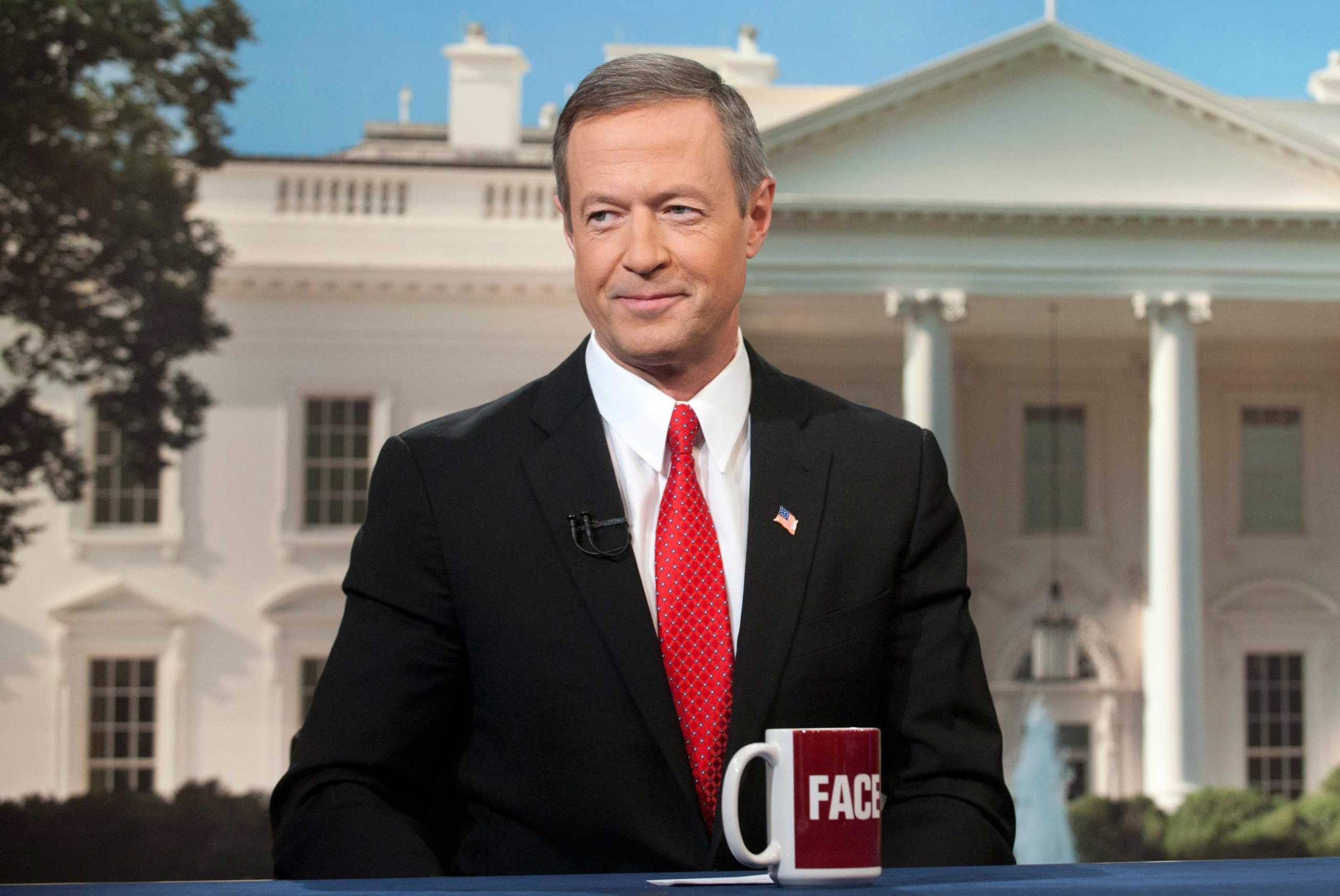
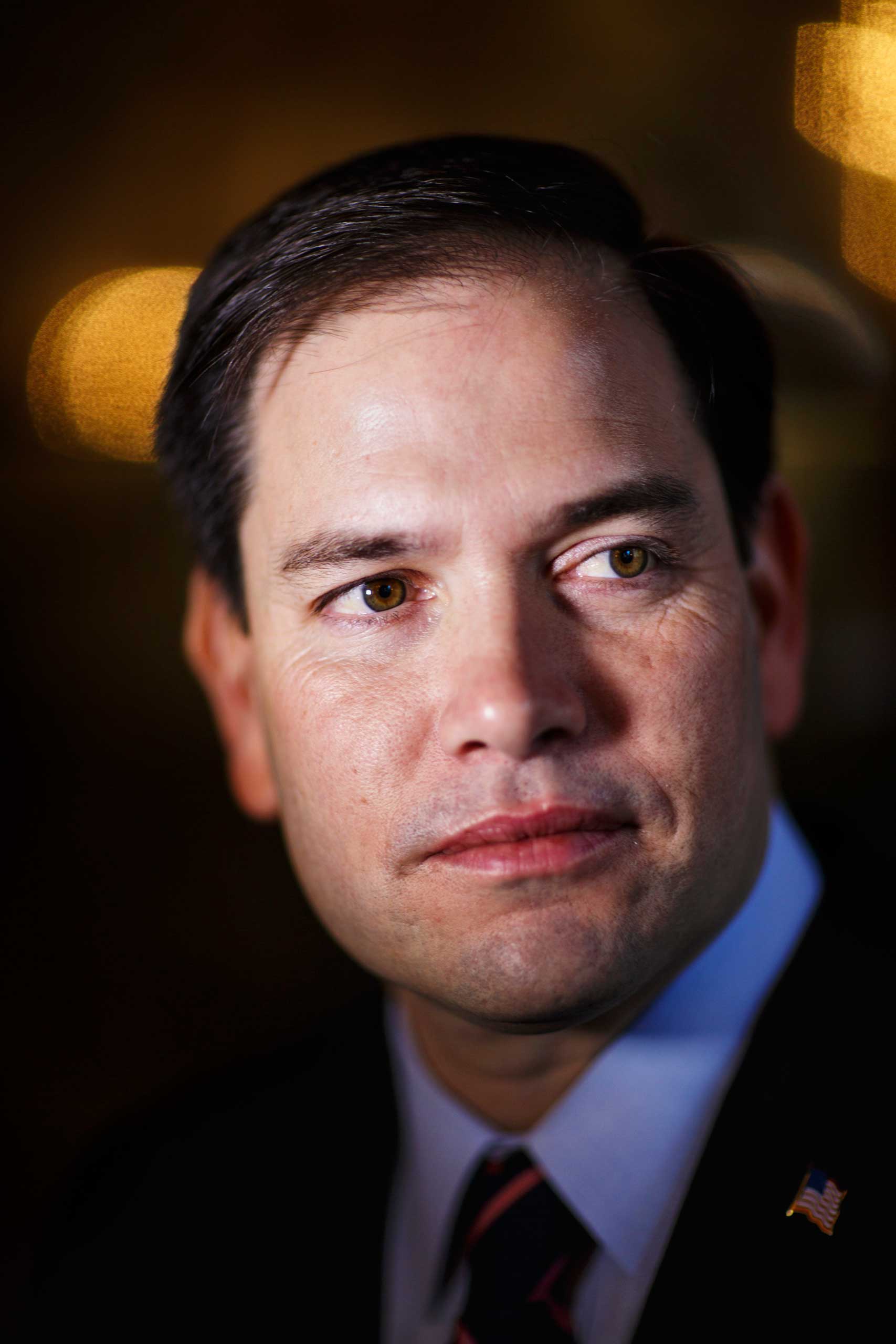
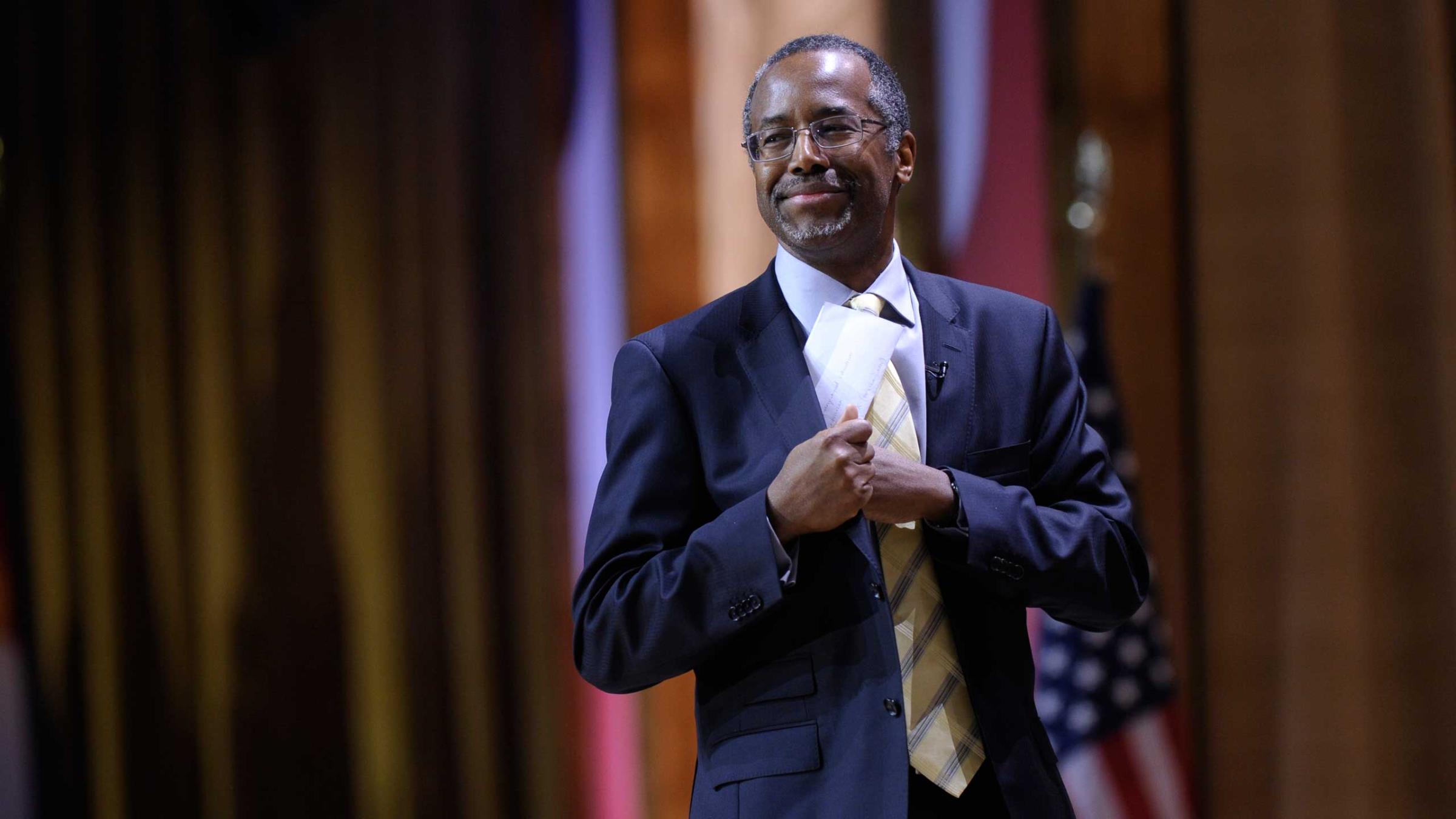
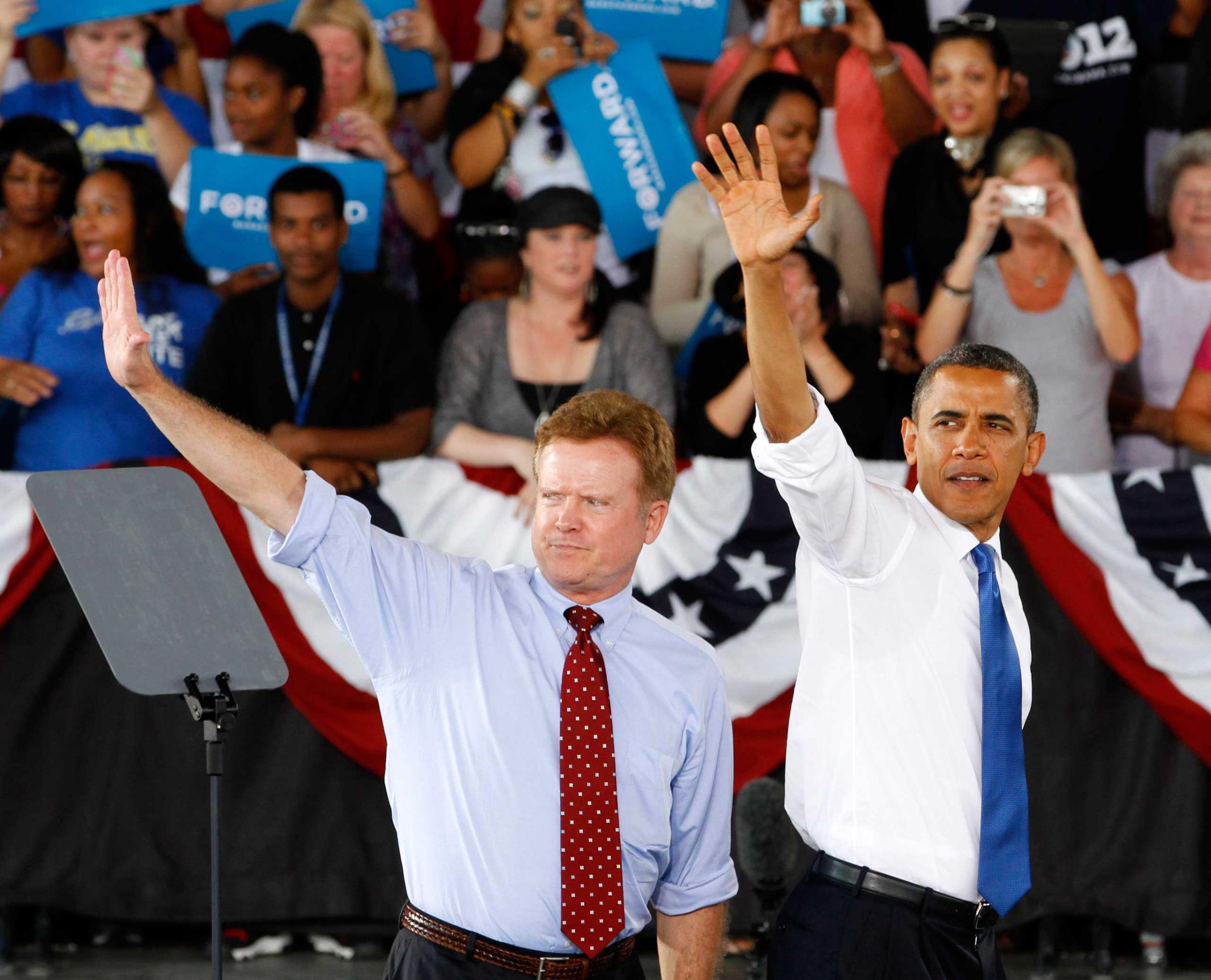
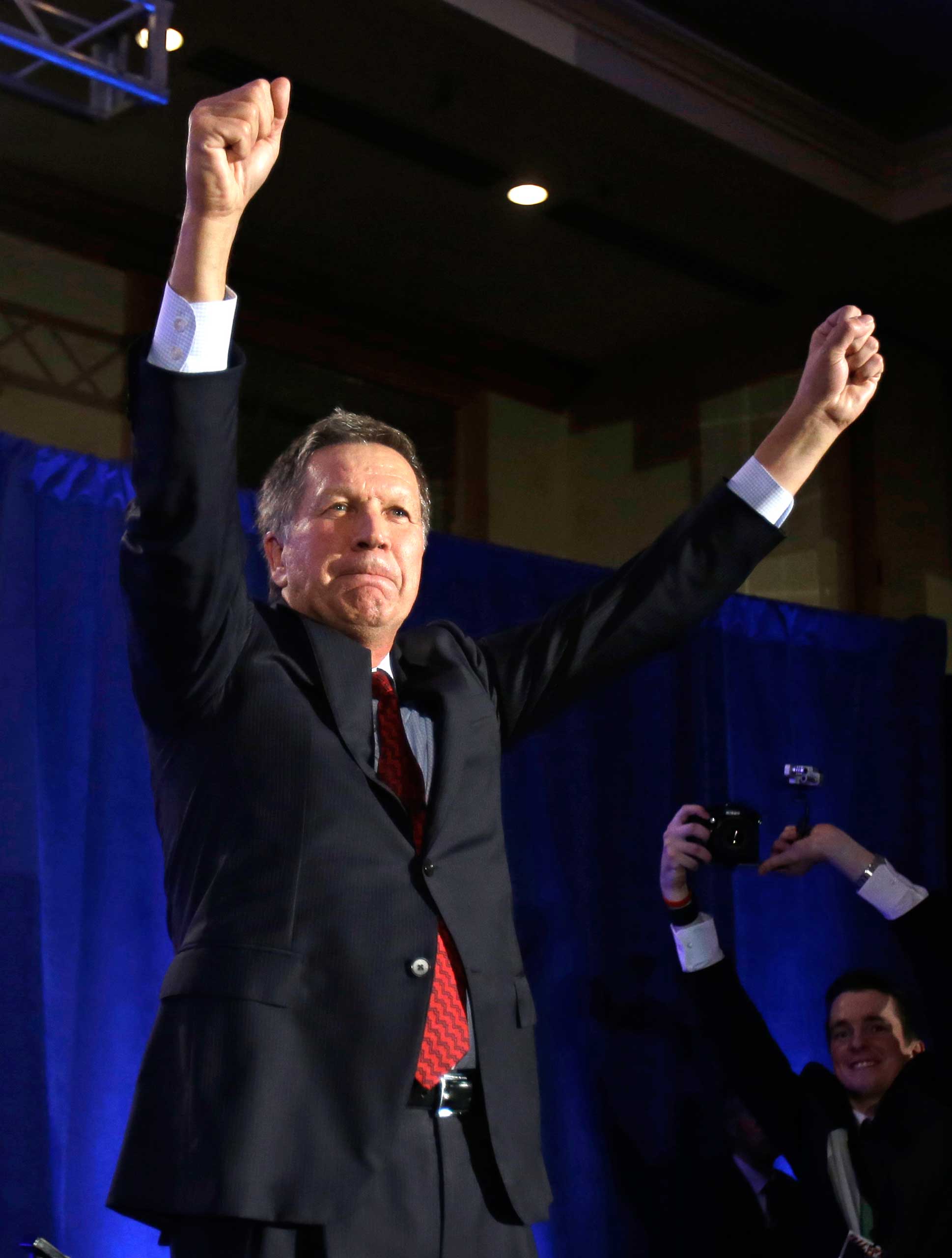
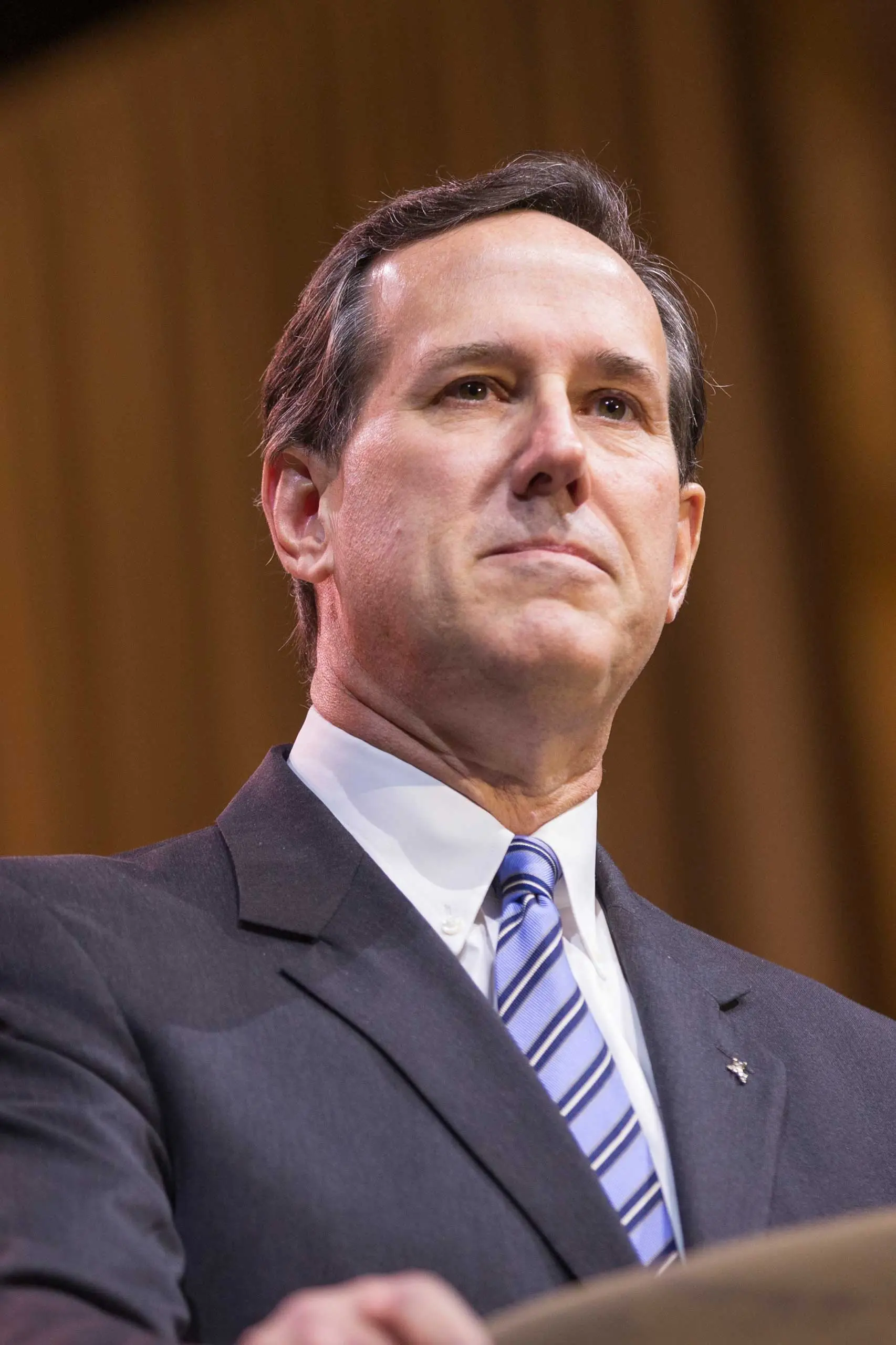
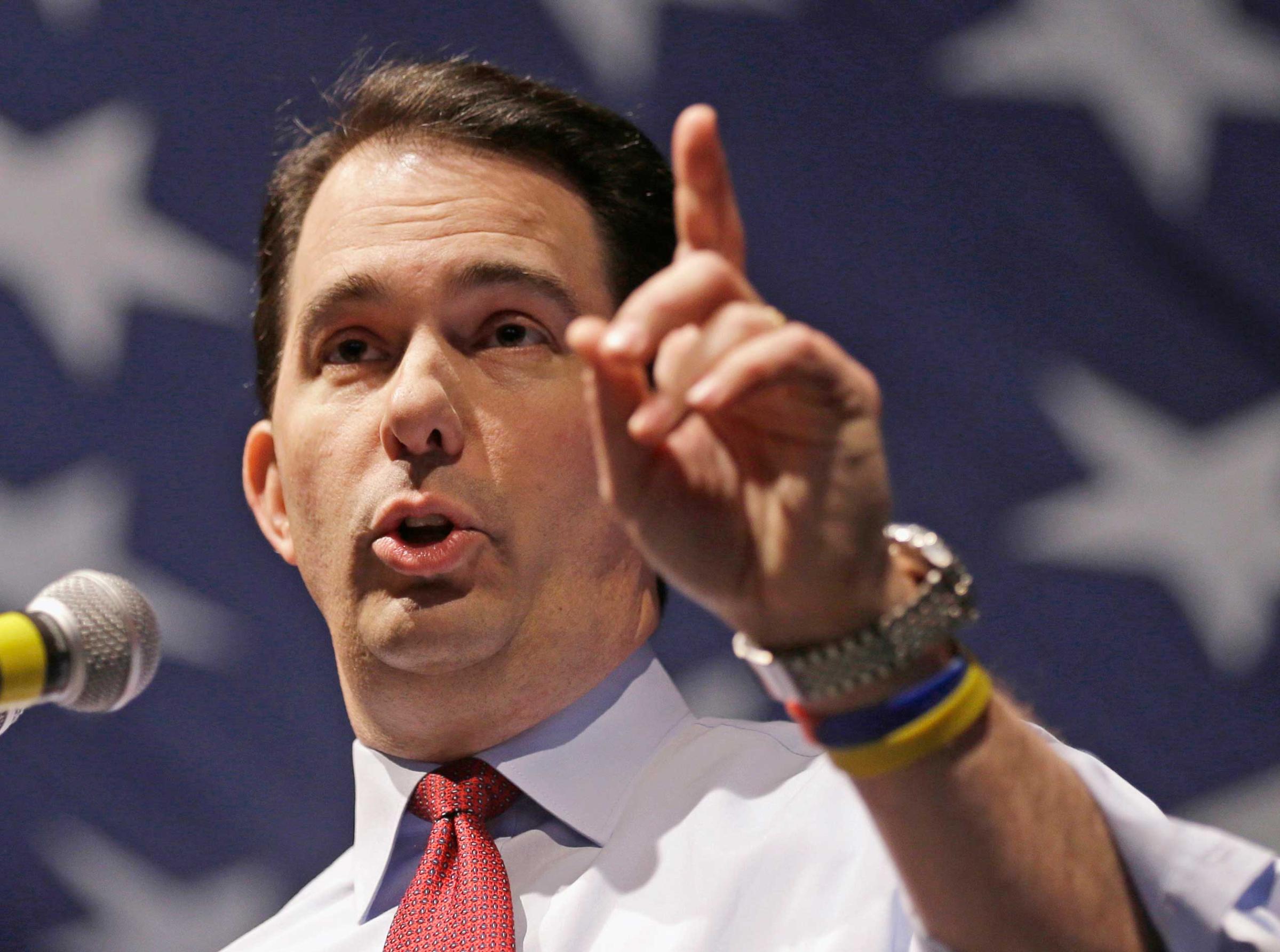

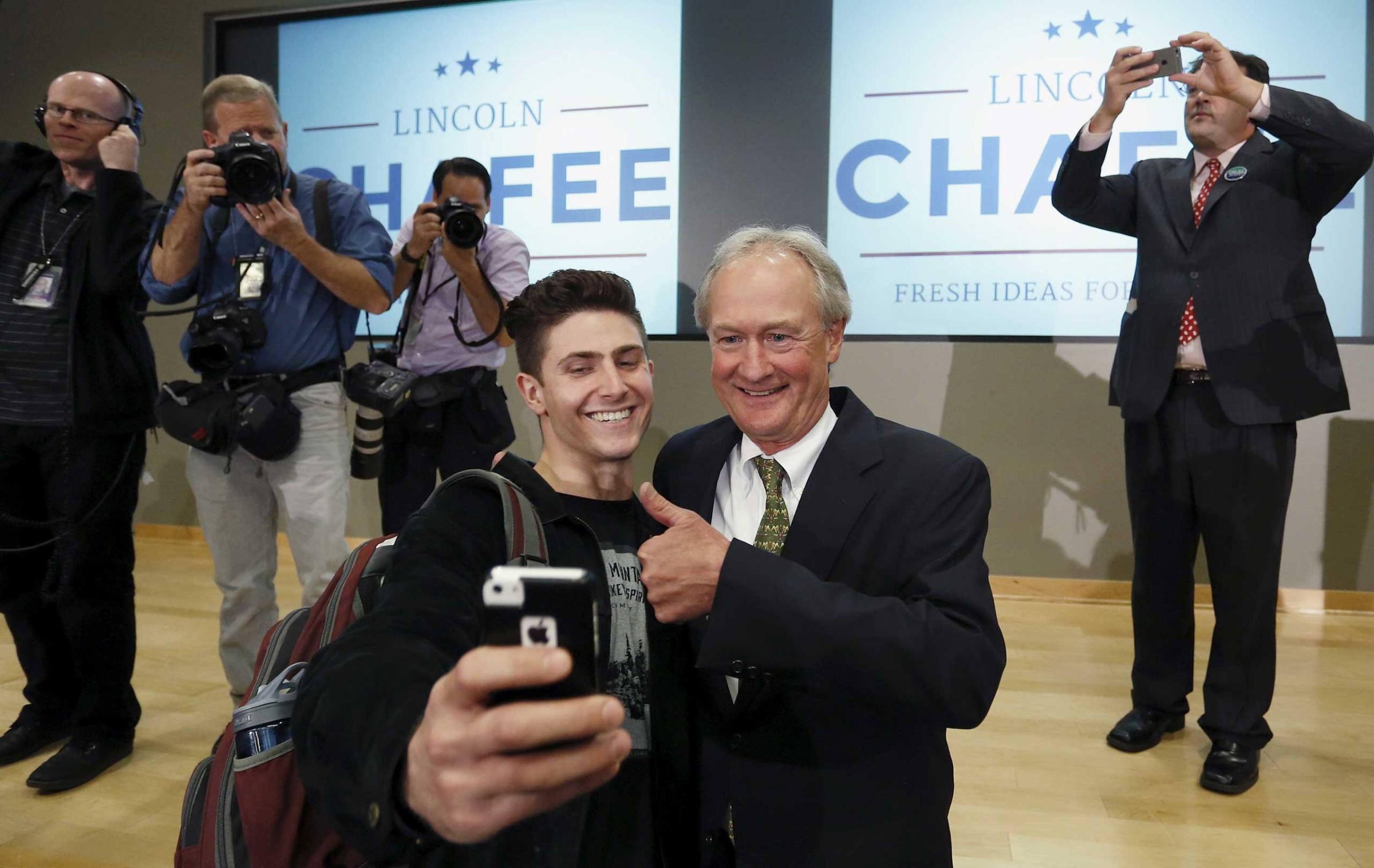
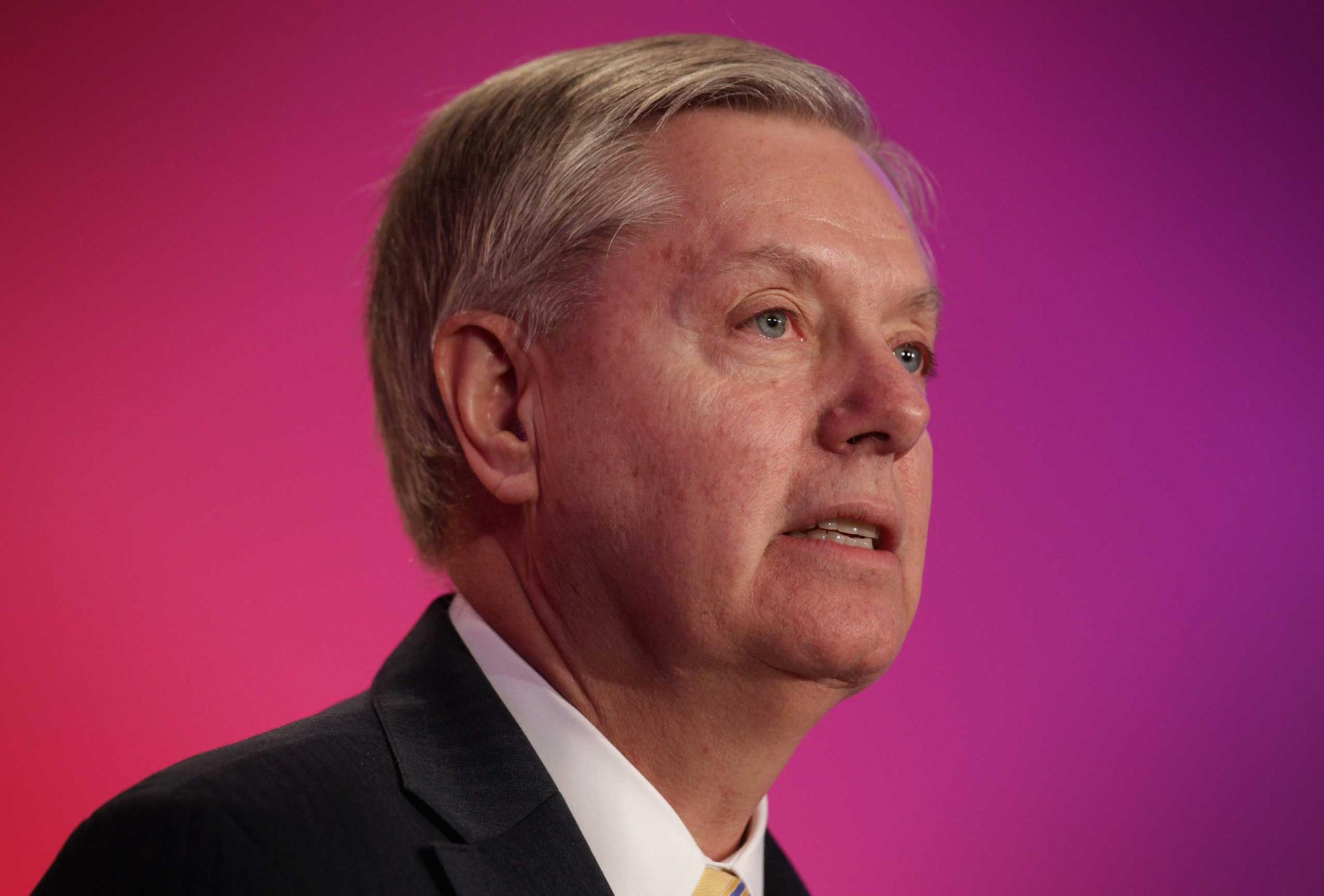
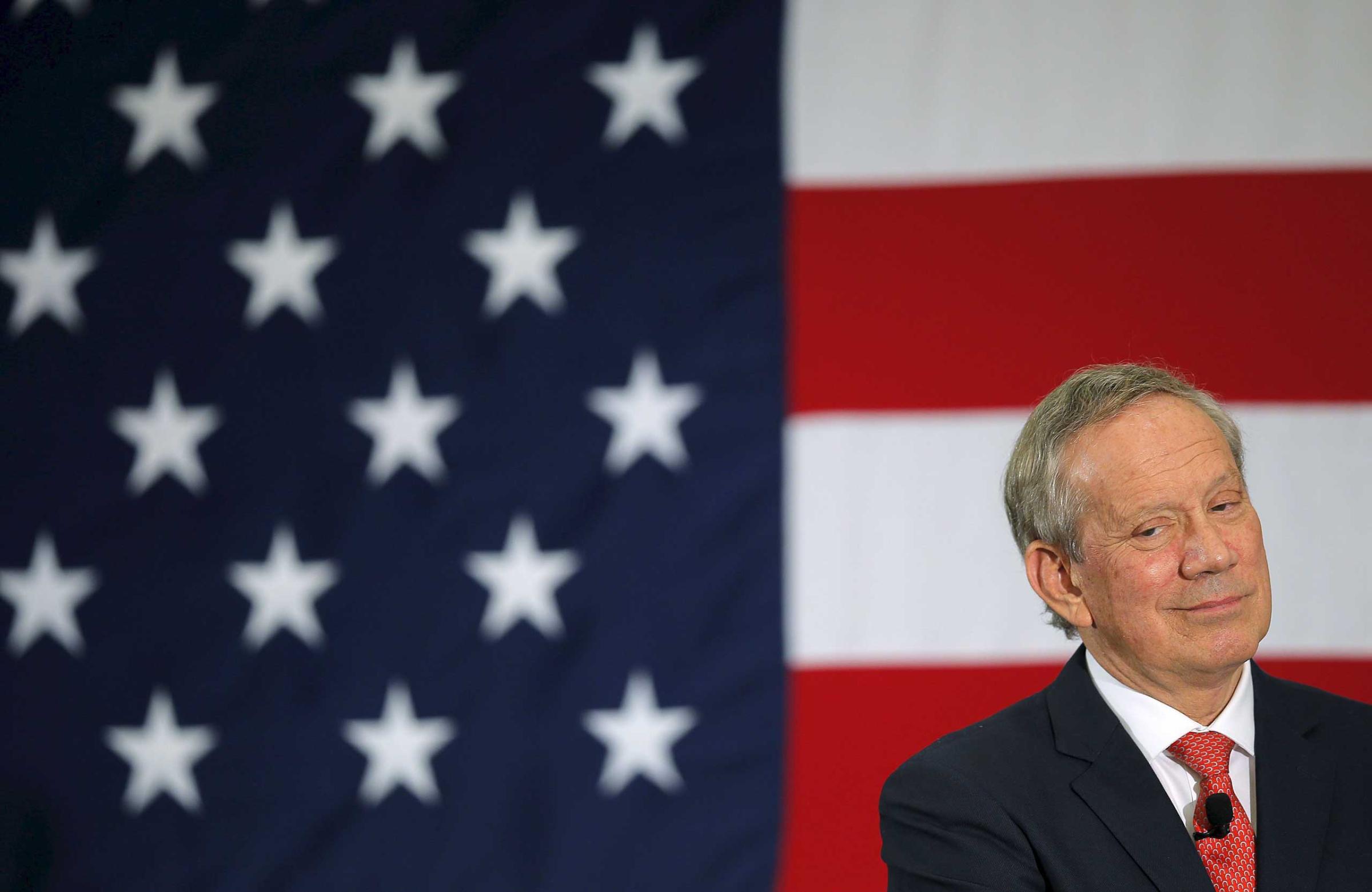
More Must-Reads from TIME
- Donald Trump Is TIME's 2024 Person of the Year
- Why We Chose Trump as Person of the Year
- Is Intermittent Fasting Good or Bad for You?
- The 100 Must-Read Books of 2024
- The 20 Best Christmas TV Episodes
- Column: If Optimism Feels Ridiculous Now, Try Hope
- The Future of Climate Action Is Trade Policy
- Merle Bombardieri Is Helping People Make the Baby Decision
Contact us at letters@time.com